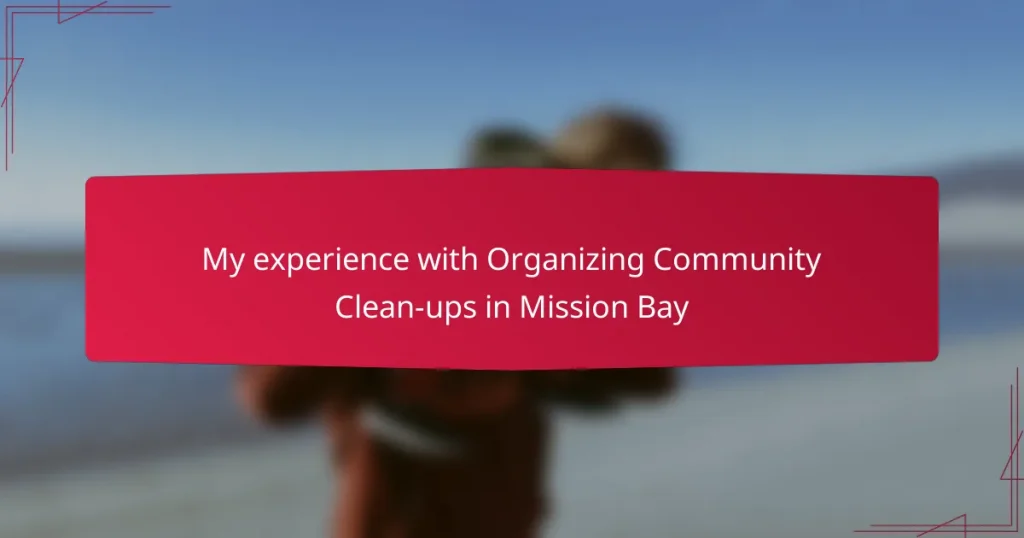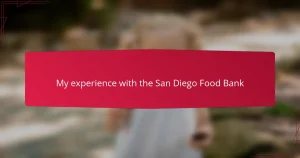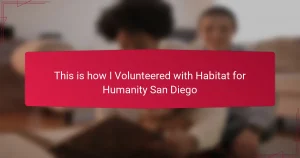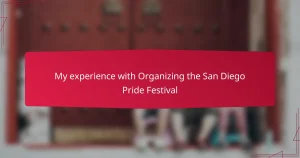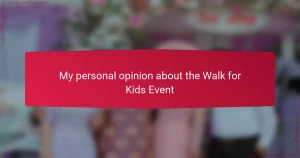Key takeaways
- Creating genuine connections and sharing personal stories significantly enhances fundraising efforts and community engagement.
- Involving all family members and assigning clear roles fosters a sense of purpose and enthusiasm during events.
- Effective communication and organization are vital for managing volunteers, resources, and overcoming challenges in community clean-ups.
- Personal connections and heartfelt conversations greatly motivate participants and strengthen community bonds.
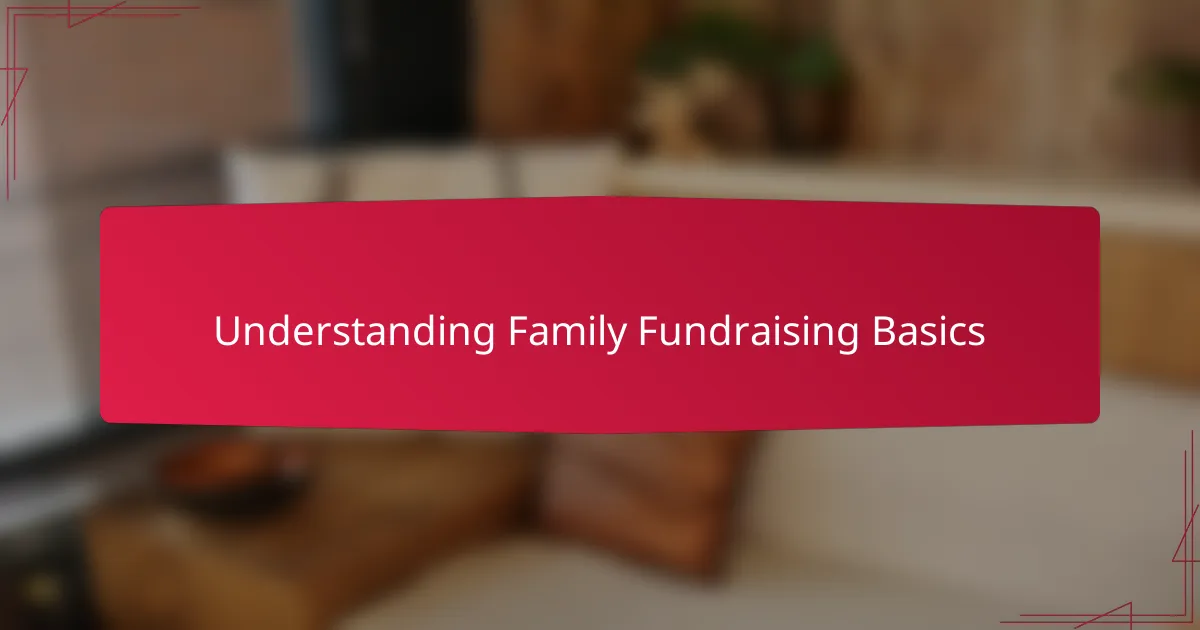
Understanding Family Fundraising Basics
Family fundraising often feels overwhelming at first, but from my experience, it boils down to one simple truth: people give when they feel connected. Have you ever noticed how sharing a personal story about why the cause matters sparks more interest than just presenting facts? That’s exactly why I focus on creating genuine connections during fundraising efforts.
In organizing community events, I found that involving every member of the family creates a stronger sense of purpose. It’s not just about asking for money; it’s about building a shared mission that everyone wants to support. Don’t you think that when everyone has a role, whether big or small, the enthusiasm naturally multiplies?
One lesson I learned the hard way is the importance of clear communication. I used to assume everyone understood the goal, but it turns out that explaining not only what we’re raising funds for but how those funds will make a difference makes all the difference. Isn’t it comforting to know exactly where your contribution is going and how it helps the community?
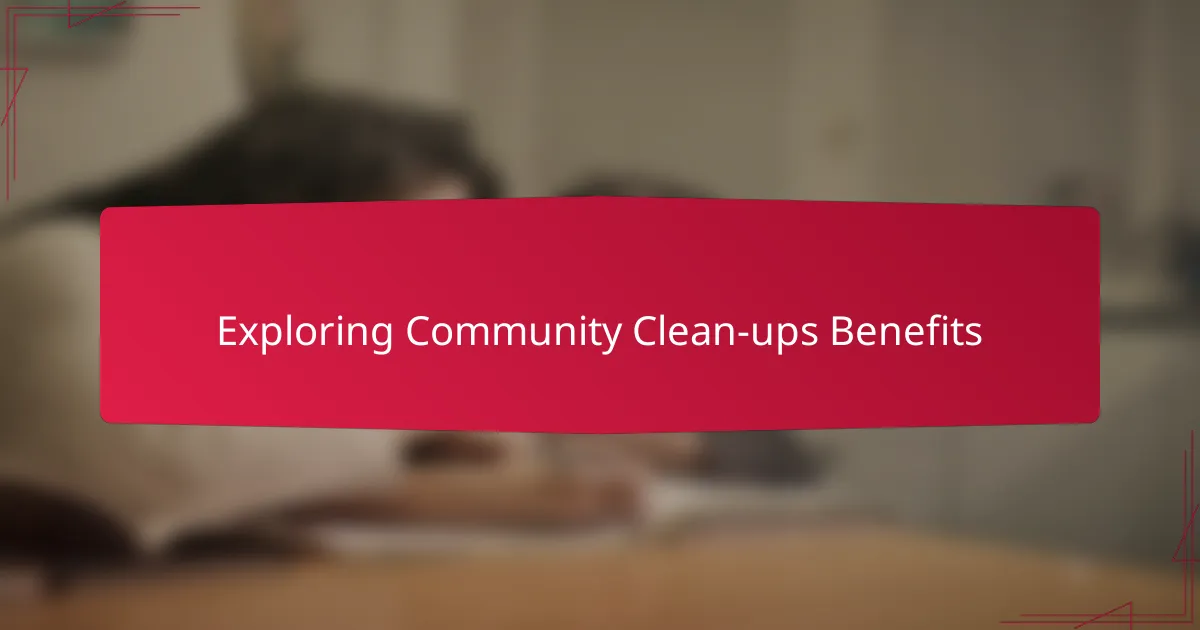
Exploring Community Clean-ups Benefits
When I first started organizing community clean-ups in Mission Bay, I quickly realized the benefits went far beyond just picking up trash. There’s a real sense of pride that comes from seeing a park or shoreline transform right before your eyes. Have you ever felt that rush when you know your hard work made a visible difference? It’s incredibly motivating.
Beyond the obvious environmental improvements, these clean-ups brought people together in ways I hadn’t expected. Strangers shared stories, kids learned about nature firsthand, and families bonded over a common goal. From my perspective, this sense of belonging is one of the most powerful rewards.
I also noticed how these events sparked a ripple effect of positivity in the community. After a clean-up, local businesses seemed more supportive, and neighbors expressed greater care for their surroundings. Isn’t it amazing how a simple collective effort can strengthen the fabric of a neighborhood? That’s the kind of impact you don’t always see on day one but feel deeply over time.

Planning a Clean-up Event
Getting a clean-up event off the ground starts with choosing the right date and location. I learned that picking a weekend when families are more likely to be free makes a huge difference in turnout. Have you ever tried planning something only to find half the group can’t make it? That’s why I always confirm availability early on—it saves a lot of headaches later.
Next up is gathering supplies and volunteers. From gloves and trash bags to snacks and water, having the essentials ready keeps the energy high throughout the event. I remember one clean-up where we ran out of garbage bags halfway through—talk about a pause in momentum! Don’t you think being prepared shows respect for everyone’s time and effort?
Lastly, spreading the word is crucial. I found social media posts with clear details and friendly reminders worked wonders in building excitement. Sharing pictures from previous clean-ups also helped people envision the impact they could make. Have you noticed how a few compelling photos can motivate more than just words? That visual proof really got our community eager to join each time.

Organizing Volunteers Effectively
One thing I found essential in organizing volunteers effectively is assigning clear roles from the get-go. When everyone knows exactly what they’re responsible for, it eliminates confusion and keeps the event running smoothly. Have you ever been to a gathering where nobody knew what to do? It can quickly become chaotic, and that’s the last thing you want when people are eager to help.
Keeping communication open during the lead-up to the clean-up also made a huge difference. I used group chats to send reminders, answer questions, and share quick updates—it kept everyone engaged and in the loop. From my perspective, this small step made volunteers feel valued and reduced last-minute cancellations.
Lastly, I always try to make the experience fun and rewarding. Simple gestures like thanking each volunteer personally or sharing a group photo at the end create a sense of accomplishment. Why wouldn’t people want to come back if they leave feeling appreciated? Trust me, recognizing effort goes a long way in building a committed team.

Managing Resources and Donations
Managing resources and donations was one of those challenges that taught me the value of organization early on. I remember juggling dozens of donated items, from gloves to trash bags, and realizing quickly that without a proper tracking system, things could easily get lost or wasted. Have you ever tried to manage donations without a clear plan? It’s like trying to fill a bucket with holes.
What really helped was creating a simple spreadsheet to log every contribution and earmark supplies for specific tasks. This not only kept things transparent but also made it easier to acknowledge donors personally, which, based on my experience, encourages repeat support. Don’t you think people appreciate knowing their gifts are making a real difference?
Another important lesson was balancing generosity with practicality. Sometimes, we received more items than we needed, and at other times, crucial supplies were in short supply. I learned to communicate openly with donors about what was still needed, turning resource management into a community conversation. Isn’t it better when everyone feels like an active participant rather than just a giver?

Overcoming Common Challenges
Facing challenges head-on became part of the journey, especially when turnout didn’t match expectations. I recall a clean-up where a sudden rainstorm thinned our volunteer ranks—have you ever planned so carefully only to have weather toss a wrench in your efforts? It taught me to always have contingency plans and to communicate promptly with the team, turning setbacks into opportunities to rally everyone’s spirit.
Another hurdle I often faced was keeping everyone motivated during slower moments of the event. At one clean-up, the heat was relentless, and energy dipped noticeably. I found that sharing encouraging stories and reminding volunteers of the visible impact reignited their passion. Isn’t it amazing how just a few words of appreciation can recharge a whole group?
Dealing with varying levels of experience among volunteers was tricky too. Some came with years of community work under their belts, while others were entirely new to this. I made it a point to pair newcomers with seasoned helpers, creating a mentorship that eased nerves and built confidence. From my perspective, this not only overcame hesitation but also strengthened the sense of community we were cultivating.
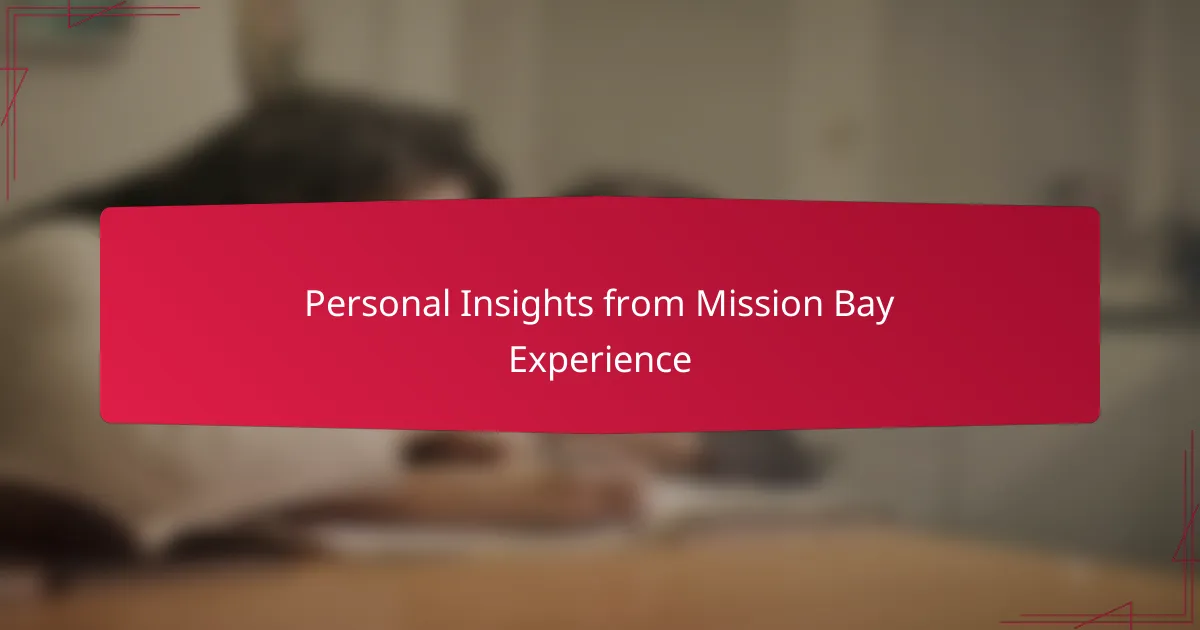
Personal Insights from Mission Bay Experience
One thing that stayed with me from organizing clean-ups in Mission Bay is how deeply rewarding it feels to see people come together for a common cause. I remember watching families, some hesitant at first, transform into passionate advocates just by the end of the day. Can you imagine that? A simple event turning strangers into a community.
At times, I was surprised by how much heart and grit everyone showed, especially when the work got tough. One afternoon, as the sun beat down relentlessly, I caught myself feeling tired—but seeing a group of kids laughing while picking up litter reminded me why this effort mattered so much. Don’t moments like that make all the challenges worthwhile?
I also realized how much personal connection fuels the momentum. Sharing why Mission Bay is special to me personally invited others to open up about their own stories and care for the place. Have you ever noticed how a heartfelt conversation can inspire more action than any formal speech? Those genuine exchanges were the soul of every clean-up we organized.
